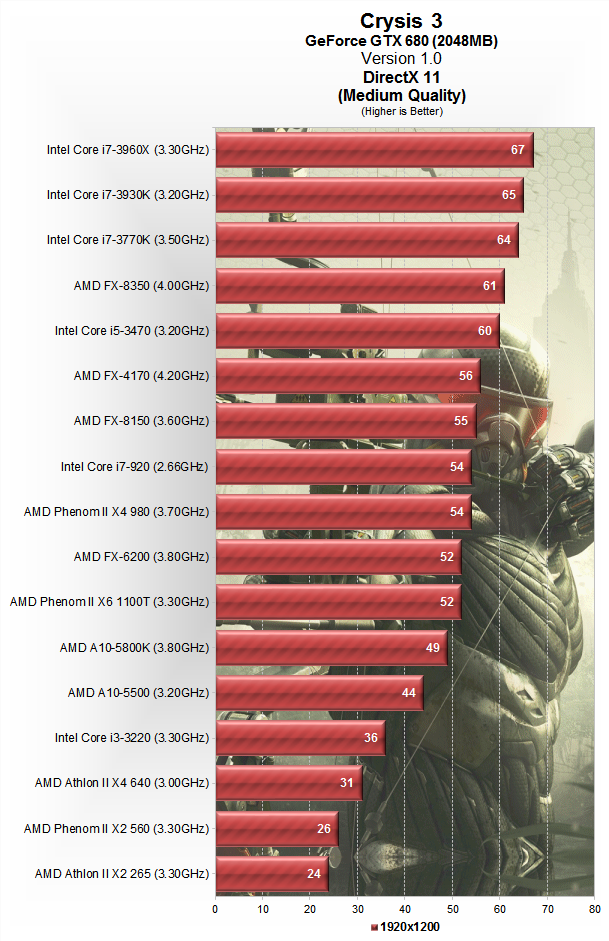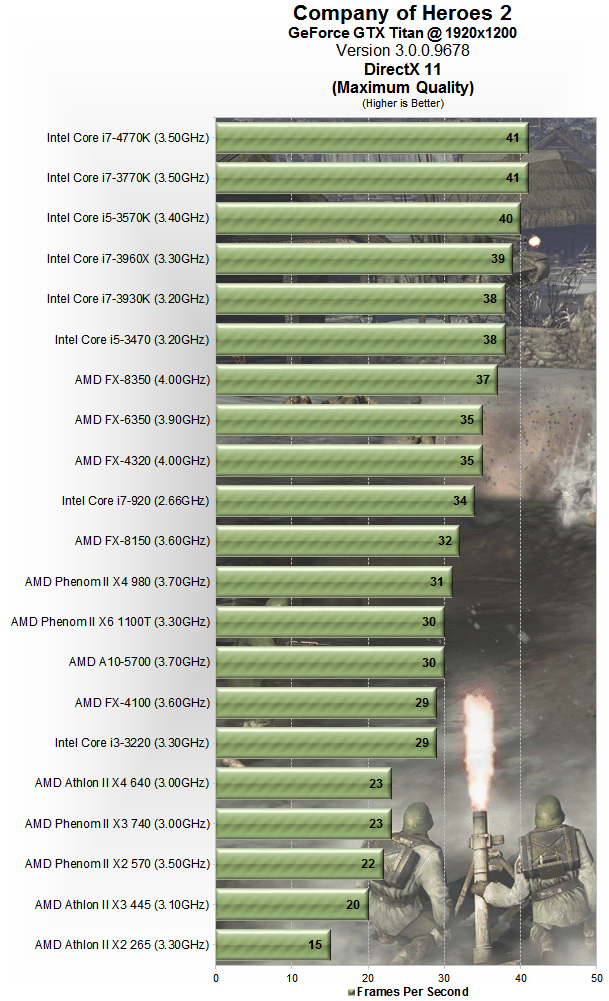The Q6660 Inside
Honorable
GOM3RPLY3R :
I was wondering what to post for a little bit, as there was nothing I could really build on. But I thought I would bring to attention this:

It's a music generation software made by Yamaha that uses real actresses voices to create songs. The actresses sing (more or less), all the vowels in Japanese, then they can be used at ~ any pitch to make a song. I thought this would be nice to add since it is a pretty CPU dependent, as with my Core 2 Quad @ 2.5 Ghz (idles @ 40-50 % usage), gets ramped up to 90-100% easily just by putting a few measures of voice in. I think that running it, and audio encoding would be a great benchmarking tool.
Otherwise, it's pretty neat software. I'm actually recreating a song from an anime that I watched (Kobato). The song is Ashita Huru Hi, its a nice song. Thus far, 8 measures in, the lyrics ~ sound exactly like they're pronounced (with the exception of a few vowels), and the pitches are spot on. ^_^
Hatsune Miku, the most famous Vocaloid Actress:


It's a music generation software made by Yamaha that uses real actresses voices to create songs. The actresses sing (more or less), all the vowels in Japanese, then they can be used at ~ any pitch to make a song. I thought this would be nice to add since it is a pretty CPU dependent, as with my Core 2 Quad @ 2.5 Ghz (idles @ 40-50 % usage), gets ramped up to 90-100% easily just by putting a few measures of voice in. I think that running it, and audio encoding would be a great benchmarking tool.
Otherwise, it's pretty neat software. I'm actually recreating a song from an anime that I watched (Kobato). The song is Ashita Huru Hi, its a nice song. Thus far, 8 measures in, the lyrics ~ sound exactly like they're pronounced (with the exception of a few vowels), and the pitches are spot on. ^_^
Hatsune Miku, the most famous Vocaloid Actress:

Aww, I prefered Kagamine Rin, not a fan of Pigtails! Anyways, that could be a good benchmarking tool.


 and it is extremely playable (40-60 FPS) in BF3 @2560x1440, so it can still hold its own with quite powerful setups.
and it is extremely playable (40-60 FPS) in BF3 @2560x1440, so it can still hold its own with quite powerful setups.




